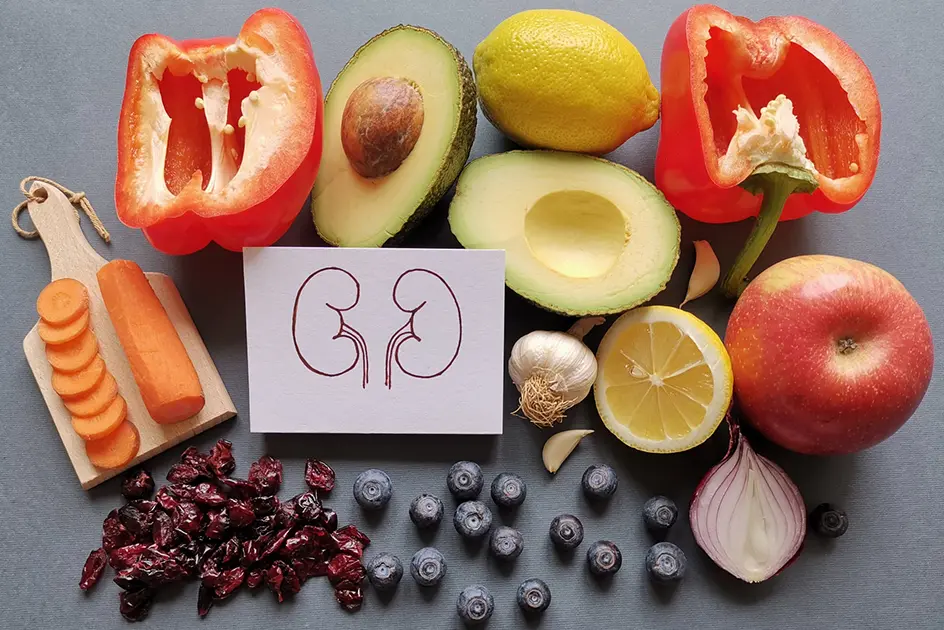You’ve likely heard someone swear by the benefits of drinking apple cider vinegar (ACV) for their health. But is there a good reason to consume it?
Apple cider vinegar is typically used as an ingredient in salad dressings, but people also use it as a remedy. It has been claimed to help with weight loss, diabetes, dandruff, cholesterol, blood pressure, indigestion and cancer. But, is there scientific evidence to support these health claims and is drinking apple cider vinegar safe?
To produce ACV, apple cider or apples are fermented into alcohol with yeast. The alcohol is then combined with specific bacteria, which converts alcohol to acetic acid (vinegar). Since the ancient times, people have been using vinegar, including ACV, as a disinfectant and food preservative. Lately, people have been using it for health reasons.
One promising benefit: it seems to help regulate blood sugar. Some studies have shown that ACV can help improve insulin response and decrease post-meal blood glucose but only if taken with a meal that contains starch. When taken with a meal that contains no starch, the ACV has no effect on blood sugar. The drawback of these studies is that they were done on a small scale and the variables were not consistent. It’s also important to note that this benefit is not actually exclusive to ACV. Any type of vinegar will do the same. Also, don’t use ACV to control your blood sugar. If you’re diabetic, you likely need more than just vinegar. The best way to manage diabetes is with lifestyle management, including diet, exercise, and reaching a healthy weight. There is a lack of scientific evidence to recommend vinegar as an adjunct treatment for diabetes.
As far as its role in weight loss, ACV is often used as an appetite suppressant. It has been proposed that ACV may delay stomach emptying, resulting in greater feelings of satiety and fullness and consuming fewer calories. The majority of these studies, however, were done on rats, not humans. As with other health claims made about drinking cider vinegar for health reasons, there needs to be more evidence-based outcomes in human studies; before professionals can make solid conclusions.
ACV is considered safe when consumed in small amounts. The good news is that vinegar is low in calories (3 kcal per tablespoon) and is an easy way to flavor foods. Its use as a flavor enhancer can be a helpful way to limit calories, which can ultimately help with both weight loss and diabetes. A typical vinegar-based salad dressing recipe uses one to two teaspoons of apple cider vinegar (per serving). If you plan to take apple cider vinegar in larger amounts, discuss this with your doctor first.
Keep in mind that apple cider vinegar is highly acidic. Speak with your physician and pharmacist before including ACV in your diet or initiating any new regimen involving alternative medicines or supplements, especially if you are on medications.
Based on the current evidence, drinking apple cider vinegar is not recommended as a measure to improve health because, like so many other health trends, more research needs to be done to draw conclusions on the benefits and safety of ACV.
This information is meant to be used as a resource and is not meant to replace medical advice. For more information, contact programs@kidneyhi.org.
References:
https://jandonline.org/article/S2212-2672(15)00547-X/fulltext















